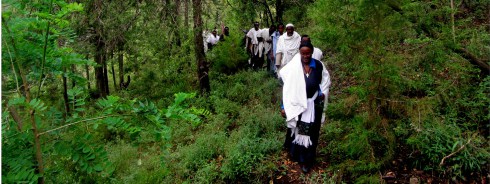Plantations International Information

< img course= " aligncenter wp-image-19568 size-full" src=" http://i0.wp.com/www.landscapes.org/wp-content/plugins/lazy-load/images/1x1.trans.gif" data-lazy-src= "https://www.connectingnow.com/wp-content/uploads/2016/05/7172590784_e49082231d_k-3.jpg" alt=" 7172590784_e49082231d_k-3" data-recalc-dims=" 1 "/ >< img class=" aligncenter wp-image-19568 size-full" src=" https://www.connectingnow.com/wp-content/uploads/2016/05/7172590784_e49082231d_k-3.jpg" alt=" 7172590784_e49082231d_k-3 "data-recalc-dims=" 1"/ > By Tefera Mengistu Woldie, Ababu Anage and Ivo Mulder. Originally released by the UN-REDD Program. A year has in fact passed thinking about that a beginning workshop was storeded Addis Ababa to monetarily value Ethiopia’s timberlands. Now a validation workshop has introduced the last of the project. The full researches are expected to be released in June at a top-level event.The validation workshop, opened by H.E. Ato Kebede Yimam, State Clergyman, Ministry of Setting and also Forests, highlighted the importance of Ethiopia’s woodlands for its nationwide revenue. Why is this proper for the all over the country REDD+procedure? The importance of woodlands extends past wood as well as carbon sequestration to its capability to control water flows, reduce soil disintegration, produce non-wood woodland products, etc.Understanding the dimension of these worths provides a basis to enhance REDD+application. Nevertheless, financial investments to reduced deforestation along with forest deterioration or removing carbon via rehabilitation of abject land is not just for alleviating environment adjustment, however furthermore makes macro-economic sense!The UN-REDD Program is maintaining the Government of Ethiopia with Targeted Assistance to recognize the real payment of forests to its Gdp (GDP). Initial searchings for of the research study reveal that the repayment of woodlands to GDP is underestimated.This has 2 reasons. Initially, the research study discovered a substantially higher worth included of wood gas contrasted to currently estimated by the Ministry of Funding as well as Economic Participation. Numbers for roundwood were likewise slightly modified up. Second, forests add significantly to other sectors, especially farming. The collection of straw for livestock, yet also woodland coffee, honey production along with avoidance of dust disintegration are all concrete economic payments that woodland environments provide to Ethiopia’s farming sector.These are concrete economic contributions as well as suitable with the System of National Accounts(SNA), which establishes the basis for approximating GDP. As a result of that farming adds considerably to Ethiopia’s GDP along with that a sizable thing of the populace lives in this market, the research study has efficiently envisioned the indirect nevertheless substantial payment that woodlands make to this essential sector.So specifically what’s following? Initially, the outcomes will certainly be provided senior politicians throughout a top-level occasion organized for 15 June. Complying with the release, in addition to in the past, the Federal government of Ethiopia is looking for methods to embed the essential outcomes in addition to references in the REDD+ strategy procedure. Stay tuned! Plantations International EmailtoImage The blog post UN-REDD Program research study highlights considerable economic settlement of woodlands to Ethiopia’s Gdp appeared initially on Plantations International. Plantations International
